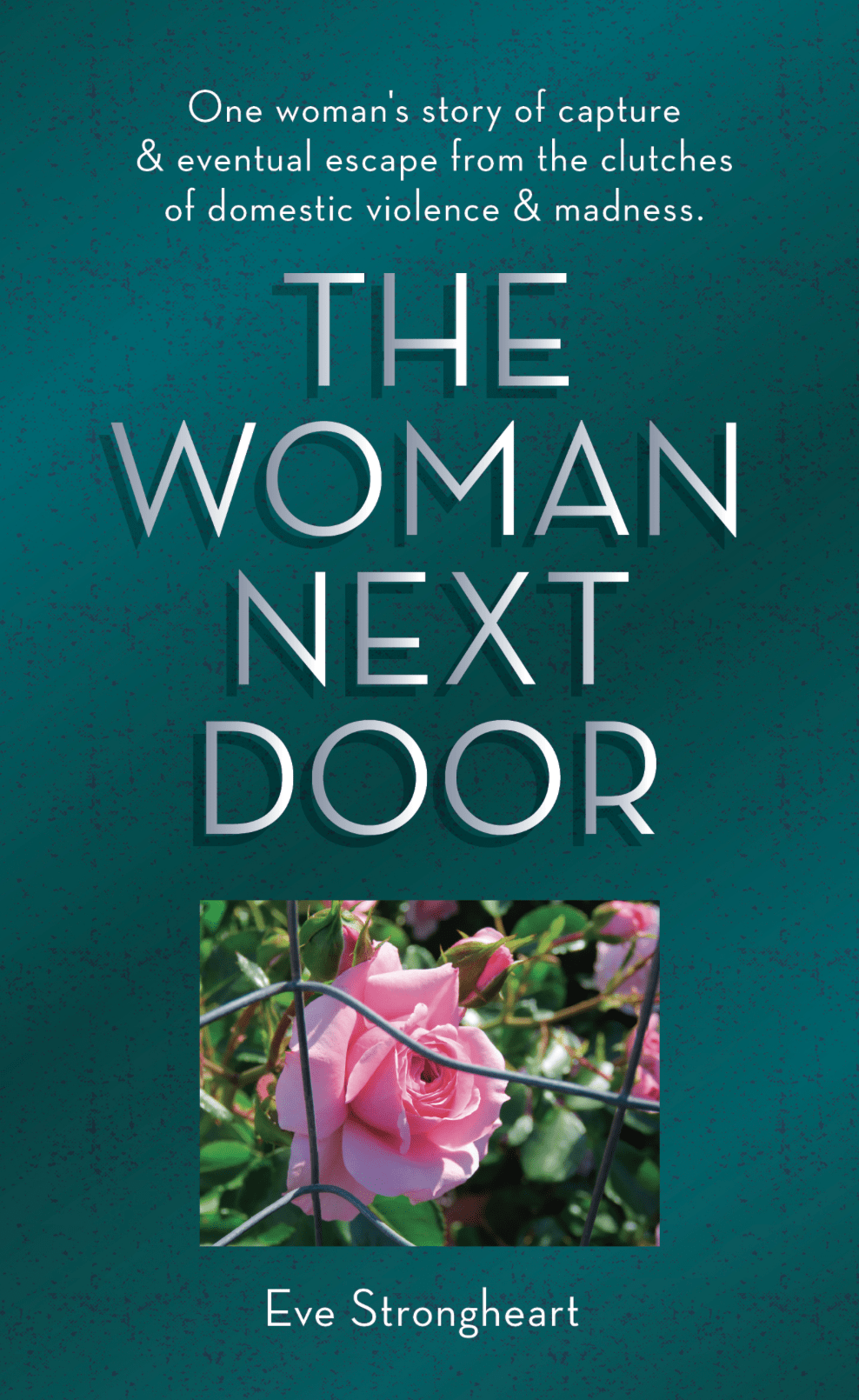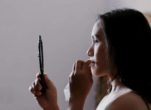
Would Putting Myself First Have Helped My Emotionally Abusive Relationship?
Putting myself first is a lesson that has come slowly to me, and with much difficulty. It runs counter to so much of what I was taught as a child. Like so many women, I was raised to be a caretaker and a nurturer. I had a brother who was two years older than I, and yet I was instructed to look out for him because I was “more responsible” than he was.
The expectations of me were clear. The image of an older brother looking out for his younger sister never materialized in my life. I was expected to take care of him, and I tried to do so on many occasions despite my young years. One example was when we rode our bikes to the nearby community pool, and a lifeguard told us we had to leave as soon as my brother came out of the changing room. He was covered with chicken pox. We rode our bikes home and I put him to bed.
When my mother finally returned home, she found me attempting to nurse him. I could not have been older than 7 or 8 at the time. Interestingly enough, it never occurred to me to ask an adult for help. Figuring things out on my own seemed to be part of my job, and I didn’t want to bother anyone. The worst thing that I could be accused of was being selfish. My mother criticized me severely whenever I showed signs of putting my needs first, or even considering them at all. I was told that I was bad, that I was selfish. I spent so much of my life trying to make up for these character defects. This set me up for difficulties with men when I grew older.
My ex-husband was the type of man who clearly believed in his own superiority, and he loved to share his knowledge and opinions with anyone who would listen. It was almost impossible for him to admit when he was wrong, even when his behavior was truly outrageous. This caused me extreme difficulty when we sought help for our marital problems from a counselor. I knew my husband was secretly drinking, mixing alcohol with the powerful medications he was taking for agitation and insomnia. In our counseling sessions, we could talk about the problems he was experiencing as a result of a brain injury, but I was not allowed to talk about his explosive rage, or the incomprehensible things he did while in one of his frequent blackouts. He experienced these regularly.
I knew the counselor didn’t have all the facts. I knew that the way my husband portrayed our problems was completely inaccurate. Still, I was reluctant to discuss his drinking in our counseling sessions. I didn’t want to embarrass him, I didn’t want to provoke his anger, and he had told me it would cause difficulty with his insurance coverage, as well as with his visitation schedule with his son, if I said the wrong thing. Even though I knew that keeping this secret was effectively tying the counselor’s hands, I kept quiet. On the one occasion when I did mention his drinking, he stormed out of our counseling session, refusing to talk about it.
Looking back at it all now, I wonder how things might have turned out differently if I had spoken up, if I had told the counselor the full details of my daily nightmare, if I had insisted on speaking my truth and standing up for myself. Perhaps my husband would have received the help he needed. If nothing else, perhaps things would have come to a crisis earlier, and both I and his son would have been released from the abusive nightmare sooner. I will never know. By delaying the inevitable, I caused myself significant harm.
I realize now that if I had been thinking of my own needs, I would have been much more honest with the counselor. I was focusing on protecting my husband at the exclusion of myself. I was being overly responsible and sacrificing my own needs out of a mistaken sense of duty. This kept us both trapped in our marital hell.
I have since learned that allowing an abuser to continue his abuse actually hurts him both emotionally and spiritually. At some level, he is aware of his behavior and suffers for it. This was the insight I needed to let myself out of prison.
The sad truth is that even when I finally took the steps to end my marriage, I was still not focusing on putting my needs first. It was more about survival at that point—emotional survival. I had realized I just could not go on. I was falling apart on many levels and I was completely exhausted. I knew that staying married was making a choice for self-destruction, and I could not ignore this. My survival was my responsibility, and I knew it.
Even though I still have much to learn about self-care, I am on my way. I realize that I must learn these lessons for my own sake, and for the sake of those I come to care for. If I live my life ruled by the fear of being selfish, I set myself up for failure in my most intimate relationships. It is an ongoing lesson but one that is well worth learning.











0 comments to "Would Putting Myself First Have Helped My Emotionally Abusive Relationship?"